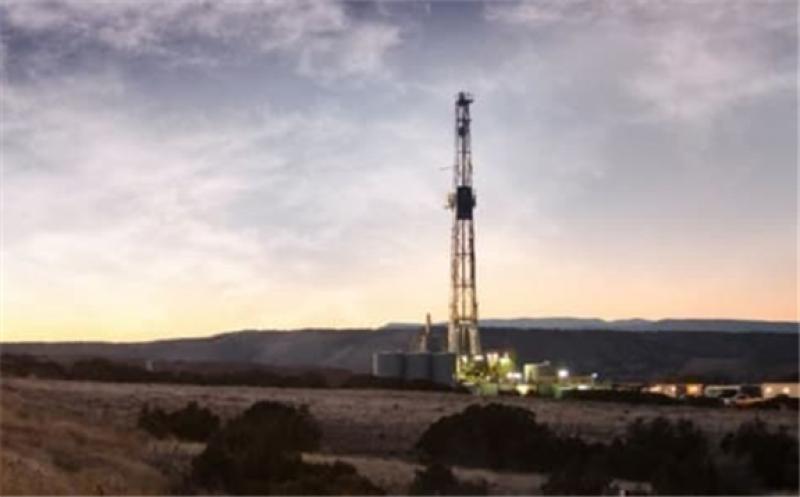Norway's Equinor will not drill any more wells in the U.S. shale patch this year as it adjusts to a lower-for-longer oil price environment, a spokesperson for the company said as quoted by Hart Energy.

The company stopped drilling in the Bakken and the Marcellus shale plays where it has acreage in March this year as it slashed billions in spending in response to the oil price collapse. Now, Equinor will also be cutting jobs in the shale patch, although it has yet to specify how many.
On the silver lining side, however, the company has no asset sale plans, which means it could still have long-term plans for its shale oil and gas operations in the United States.
"There is no change in our acreage portfolio. The action that we are taking now is to ensure that our business is profitable in a lower price scenario," the spokesperson said.
"Equinor is in a strong financial position to handle market volatility and uncertainty," outgoing CEO Eldar Sætre said in March. "Our strategy remains firm, and we are now taking actions to further strengthen our resilience in this situation with the spread of the corona virus and low commodity prices."
At the time, Equinor said it could be cash flow neutral at oil prices of $25 per barrel. Since March, prices first dipped and then recovered above that level, which must have benefited the company. In a lower-for-longer scenario, however, everyone is adjusting.
Meanwhile, like the rest of the European majors, Equinor is pursuing its transition strategy from an oil company to a broader energy company. Early this year, before the pandemic hit, Equinor unveiled a plan to reduce the net carbon intensity of the energy it produces by at least 50 percent by 2050.
The firm also plans to grow its renewables business and become a global offshore wind major. Under the plan from February, Equinor targets to grow its renewable energy capacity tenfold by 2026, when it expects production capacity from renewable projects of 4 GW to 6 GW.